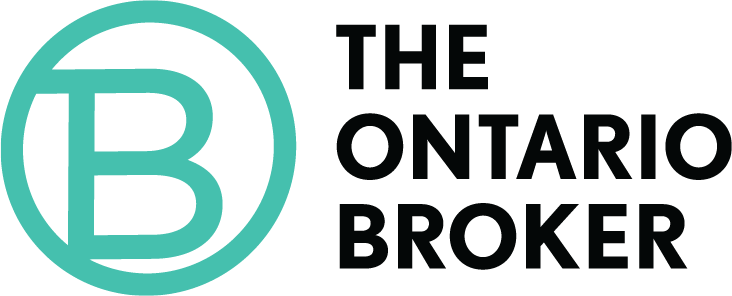

With Prof. Jeff Shnier, Seneca College
IBAO has partnered with six Ontario College Insurance Management Programs to help bring new talent to the broker channel. We spoke with Jeff Shnier from Seneca College to discuss their two-year diploma program and how it prepares students for a dynamic career in the insurance industry.
What is Seneca doing to increase interest in the Broker Channel?
In the next few months, we’re aiming to restart our push to offer a RIBO course onsite. This will be available as an optional certification to our Business-Insurance students but will also be open to any other students to take. It will be offered through our Continuing Education department.
Can you tell us more about Seneca’s Insurance Management Program?
Our two-year, four-semester program contains eight Insurance Institute courses, allowing the students to challenge the Insurance Institute of Canada’s (IIC) exams. Taking the IIC exams are optional, but it allows students to graduate with eight of the required 10 Chartered Insurance Professional (CIP) credits required in earning the CIP designation. We have start dates in either September or January. Students starting in September can take advantage of the co-op, which takes place during the summer term between May to August. Students who start the program in January would earn their diploma in 16 months.
What has the interest level been for the program?
Interest in the program has been consistent. We have just over 100 students in the program at any given time. Usually, we have over 50 students enrolled in the first year and over 50 students enrolled in the second year of the program.
How does the program spotlight the broker channel?
One of the courses that we offer in our program is Essential Skills for the Insurance Broker & Agent. This course gives an overview of insurance business practices from the broker’s perspective and provides insight into the skills that a typical broker needs to perform effectively. We also have a unique course that simply covers current issues in the insurance industry, called Professional Issues in Insurance. It’s taught by one of our professors who was recently involved in updating one of the Insurance Institute’s textbooks.
We’re also invited to the annual IBAO conference each year. This great event puts students in contact with the many brokers and related companies in the industry, which helps gives them a head start for their career in insurance.
What effects did the pandemic have on the program?
The first year of the pandemic resulted in a slight decrease in enrollment, but in the second year of the pandemic, enrollment went back to normal. We noticed a decrease in International Students who weren’t comfortable learning in a remote setting, but we also had an increase in students who were working full-time and now had the option to fit the courses around their busy lifestyles. We have plans to gradually move back to more in-class sessions.
What feedback have you received on the program?
We’ve had consistently positive feedback from employers in all areas of the industry. Thankfully, we’ve had an unending interest in our Annual Job Fair, which is held each year in March. We’ve been running this job fair annually for seven years and we have over 25 companies attending.
What new initiatives does Seneca have planned?
We hope to increase the number of information sessions with employers. We’ve had about five sessions each year and each of them have been very successful. These sessions are a great way for students to contact employers and better understand the companies and the opportunities within them.
Having done it, there are three pieces of advice I would give to all students:
Create a plan, commit and stick to it
- Ask yourself, when am I going to study? How can I guard my time? How am I going to measure my understanding?
Be pragmatic with the time you have and be mindful of what you’re struggling with so you can allocate more time for those specific areas
- Set aside a few more days to go through topics like Home and Auto versus Travel and Commercial which play a smaller role in the exam
Take a deep breath, take it one step at a time
- There is certainly a lot of information, and it may feel overwhelming to go through it all, but if you plan properly and do a bit of studying each day, you will not only feel more relaxed heading into the exam, you will actually perform better.
Season Wrap-Up
Looking back on this challenge, I’d say the two most important things I benefited from was, gaining deeper insight on the type of support and resources our students can benefit from and getting a small taste of what it would be like to work as an insurance broker. This experience will inform future our efforts. To better supporting our students and helping me answer the questions with more information.
I couldn’t have attempted this had it not been for the flexibility of the Broker Launchpad On Demand Course. Some days I had more time than others, having the ability to dictate how long I wanted to study everyday leading up to the exam allowed me to balance my responsibilities and make good progress. Understanding not everyone can take time off to join one of our live classes, the On Demand Course provides guidance by highlighting areas to pay close attention to and aims to clarify insurance principles through example videos, quizzes, and interactive tooltips. But, the resources are only half of the equation—I cannot stress enough how important it is for students to create a plan that enables them to be successful at their own pace.
Lastly, if you’re wondering if I am going to attempt the RIBO Level II course and try my luck with the exam, ask me again in two years!
